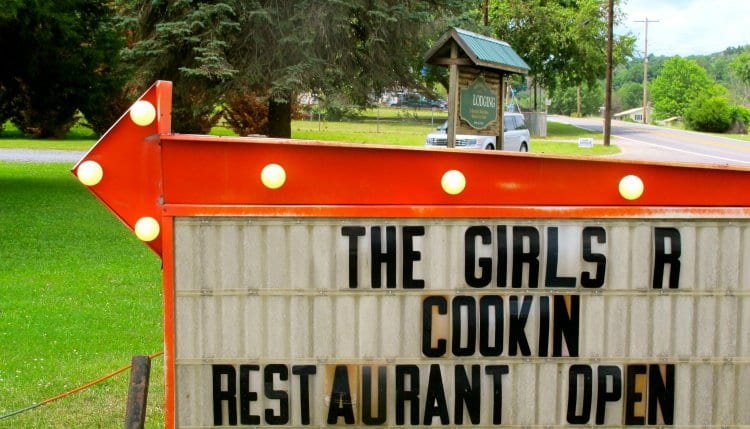ATHENS, Ohio – You’re not a single mother. You have a spouse or a partner. You don’t have kids, or if you do, you’re raising them in a two-parent, two-income household. I’m happy for you – and a little envious. I don’t have that life. I have a 5-year-old I’m raising alone in Appalachia.
The proposed tax plan announced by Donald Trump punishes people like me: single parents living with their children on low- to moderate-incomes. Trump’s plan rewards the top 1 percent, but forbids single parents from filing as head of household, a tax status currently open to unmarried parents who pay for more than half of all expenses (rent, bills, food).
Doing away with this status will reduce the amount single parents can deduct and require us to file at a higher tax rate. Under Trump’s proposal, 20 percent of all families with children will pay more in taxes, including more than half of the nation’s single parent families.
Why should you care? You’re fine.
Except you’re not. No matter how much you make, how many kids you have, and whether or not you are raising them alone, these changes affect you. We as a nation are only as strong as our weakest members.
Penalizing single parents and caregivers means targeting a population that already struggles to make ends meet, already works long hours, and already is stretched too thin. Kicking out a ladder’s bottom rungs means those at the top will fall, too.
Your children will be affected because the children of parents who will be hit by this tax plan are more likely to be affected. Those children might go hungry as families are forced to choose between medicine and food.

Hungry children tend to act out because they don’t feel well. They also tend to fall asleep in class.
Your child’s teacher is going to have to take time out of teaching to deal with the needs of children whose families are struggling.
Hungry adults tend not to do things well either, like drive or work their jobs. Traffic accidents could increase, along with factory mishaps. Look for people snapping at you in line because they’re physically struggling, or being clumsy or forgetful while serving you.
You’re going to see an influx of sick people. When money is tight, adults skimp on medications. Most of us, when pressed to decide between care for ourselves or for our children will choose our kids. I know I do.
I skip my own expensive allergy meds to buy those for my son, save my asthma inhalers for the absolute worst emergencies, and stretch daily contact lenses to use for weeks or more.
Working longer hours to try to make ends meet will mean exhausted people. Exhaustion and stress exacerbate existing medical conditions and contribute to new ones. Pain worsens under stress. Wounds take longer to heal. Colds and other illnesses take longer to recover from.
Many of us may lose our health insurance – another of Trump’s goals is to dismantle the Affordable Care Act – and as we lose access to primary care doctors, emergency rooms will become more crowded.
There will be more contagious people out in public, unable to afford the most basic care – or scared to miss a day of work to allow themselves to heal – so you might get sick more often, too.
I live in a poor place, which has certainly seen its share of tough times. A friend dumpster dived for food. Another burned cardboard for heat. But along with teaching me about poverty,
Appalachia has taught me solidarity and compassion. My town rallied to throw a young expectant mother with multiple illnesses a baby shower; to help buy a van for a man with disabilities; to help unemployed workers after a fire. This is a place where people have the least, yet give the most.
It’s easy to give at least a little, and doing so is essential to all of our survival. When one of us struggles, we all struggle. We all deal with trickle-down devastation.
The president’s tax plan is going to make the nation weak – not just single parents who, frankly, are being punished enough already. It is true that some choose to parent alone, but many of us were denied a choice.
Many single parents are dealing with a broken promise. Many of us come to single parenting through horrible circumstances: death, or abandonment, or trying to escape abuse, or to deal with the pain of infidelity. I wouldn’t wish single parenting on anyone. It’s exhausting, lonely, and nearly impossible to do absolutely everything a child needs by yourself.
Now, it looks like I’ll have to do it on even less. And you – even you – will pay the price for that, too.
This article first appeared on Equal Voices for Families.